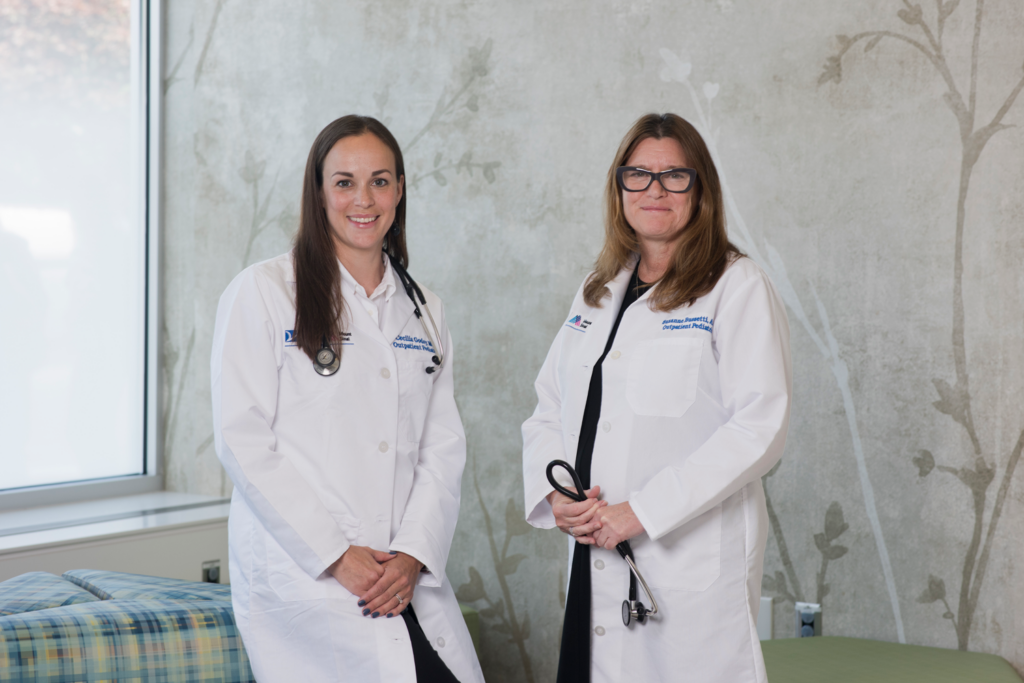Valley Medical Group Pediatric Primary Care in Montvale, New Jersey
Sponsored Content l June 27, 2023
You and your child serve as the leaders of your healthcare team. A pediatrician serves as your key navigator, guiding you throughout a child’s healthcare journey. They will support your child’s well-being, monitor growth and development, and call upon the expertise of sub-specialists if supplemental care is needed.
At Valley, general pediatric care is offered at our new VMG – General Pediatric practice, located at 135 N. Kinderkamack Road in Montvale, which opened at the beginning of 2023. In partnership with Mount Sinai Kravis Children’s Hospital, we provide compassionate pediatric care in a welcoming environment to children during all stages of life, from newborns to young adults.
Pediatrician Cecilia Godoy, MD, and Pediatric Nurse Practitioner and Lactation Consultant Suzanne Bussetti, RN, MSN, CPNP, IBCLC, offer a variety of treatment services that include laboratory services; lactation and feeding support; routine wellness visits; screenings for hearing, vision, development, and mental health; sick visits; and vaccinations. Tele-medicine appointments are available.
If a patient is in need of sub-specialty care, referral appointments can be scheduled with Valley and Mount Sinai pediatric sub-specialists in the fields of cardiology, endocrinology, food allergy and immunology, infectious disease, nutrition, psychiatry, sleep, surgery, and more. Valley’s sub-specialists practice at 140 East Ridgewood Avenue in Paramus.
For more information on pediatric primary care at Valley, please visit ValleyHealth.com/PedsPrimaryCare. To schedule an appointment, please call 1-800-VALLEY 1 (1-800-825-5391).


